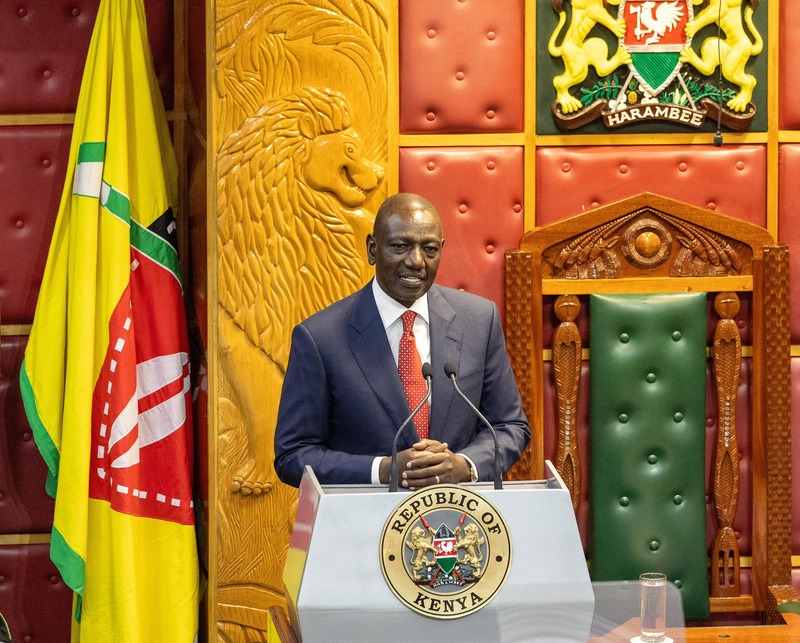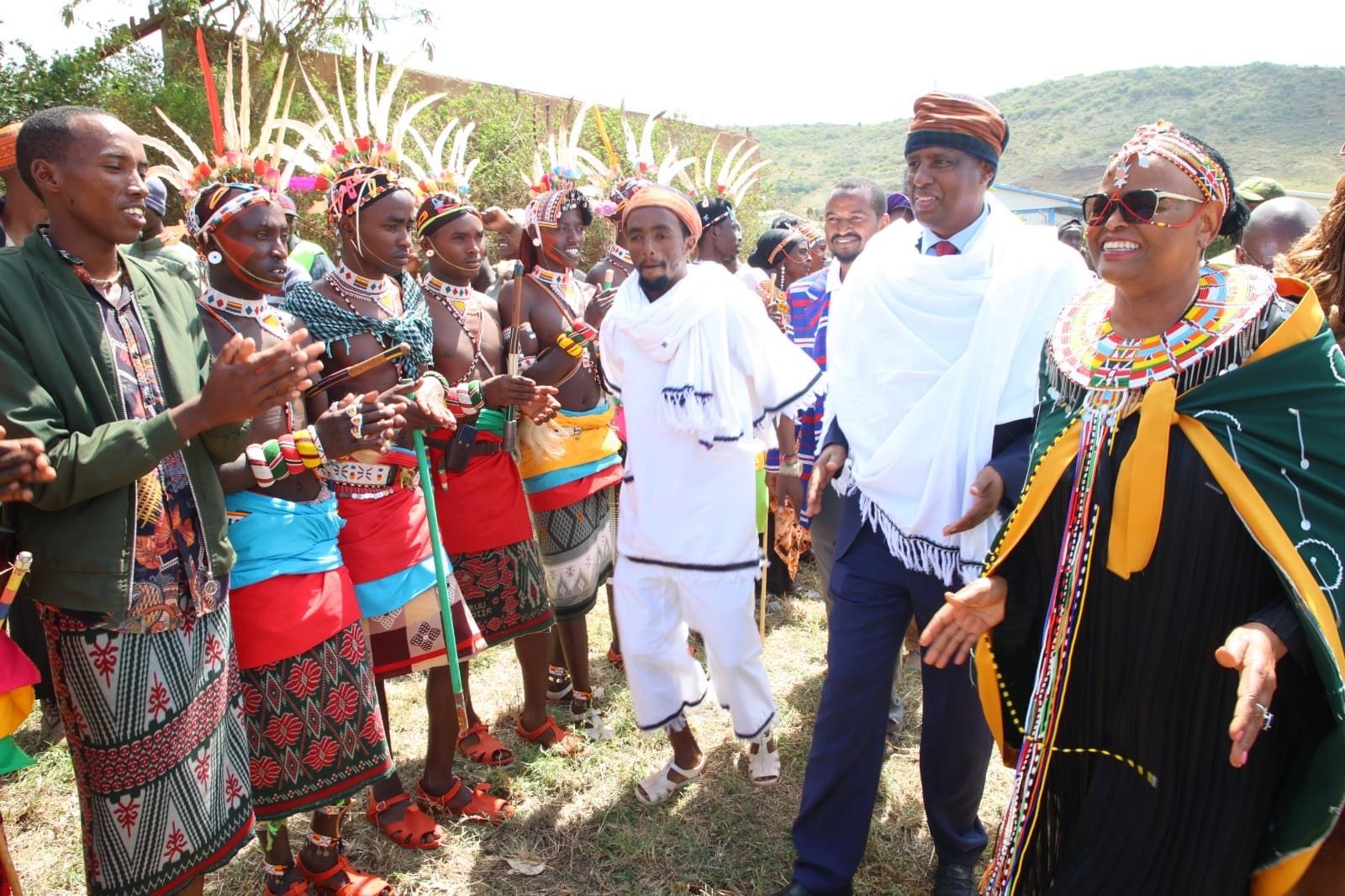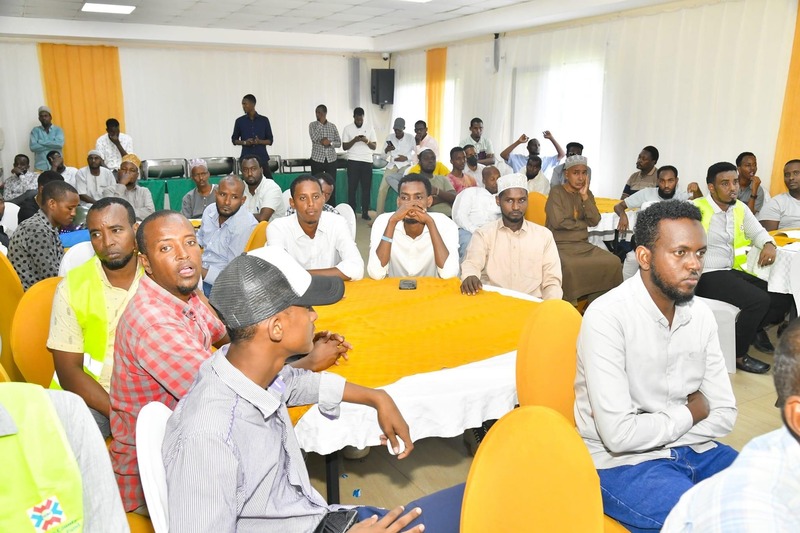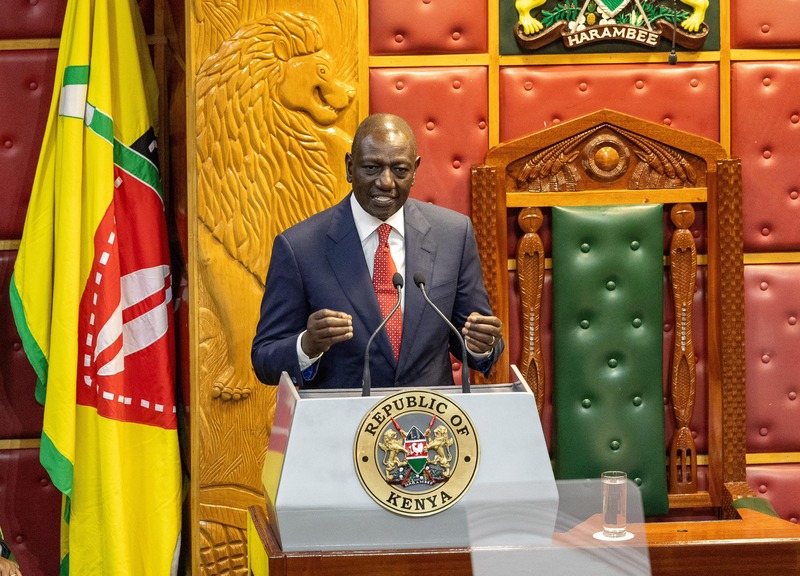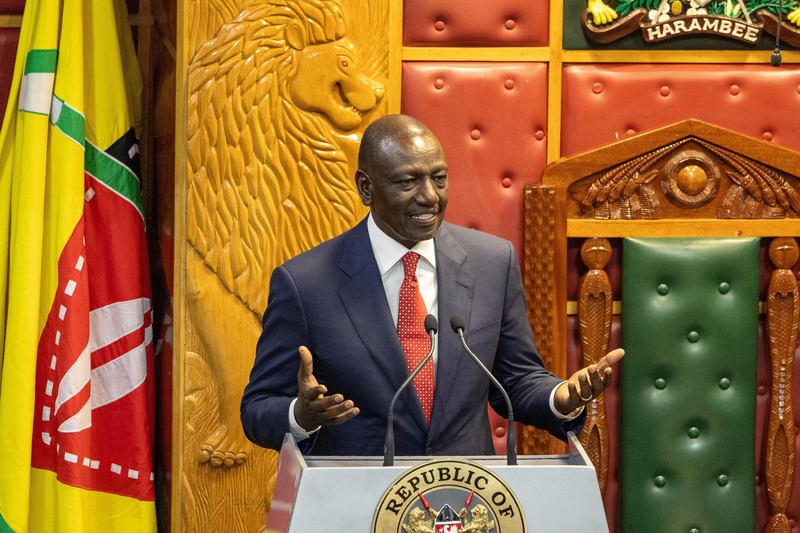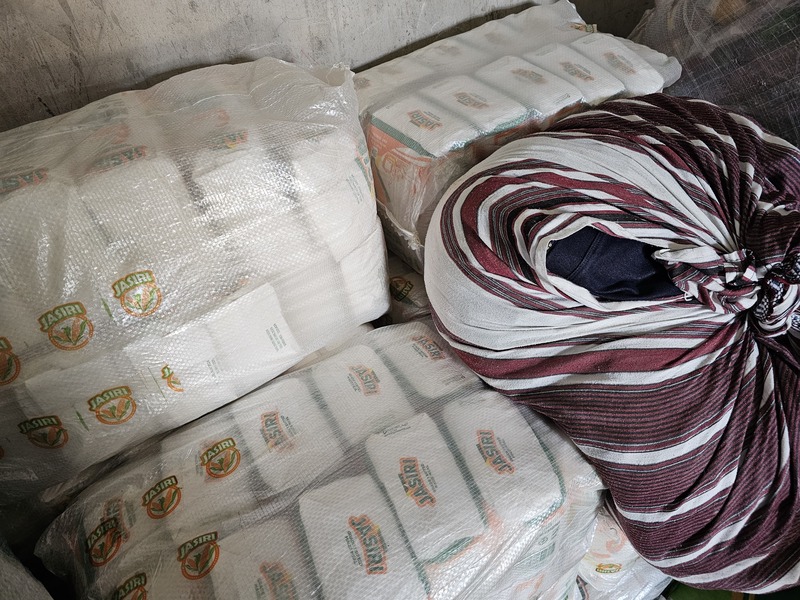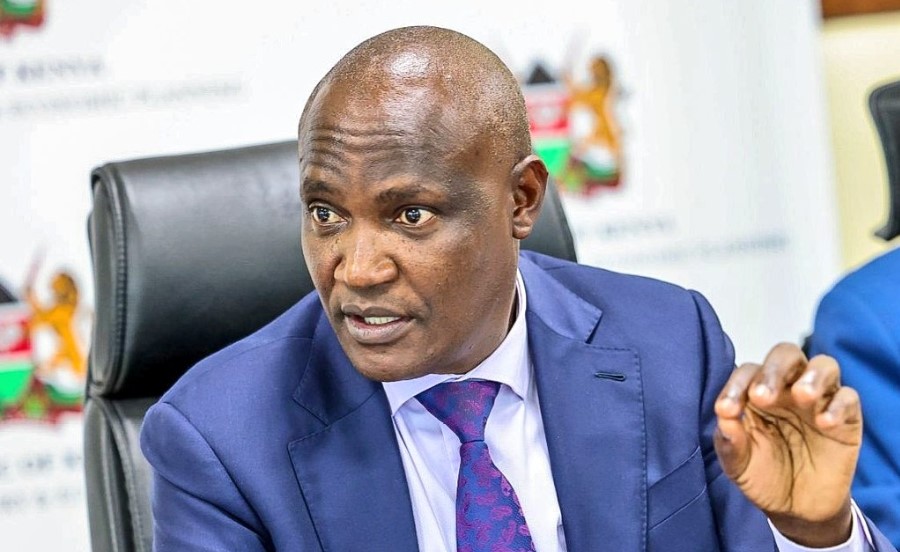At Africa labour summit, Kenya pushes for bold steps in fight against poverty
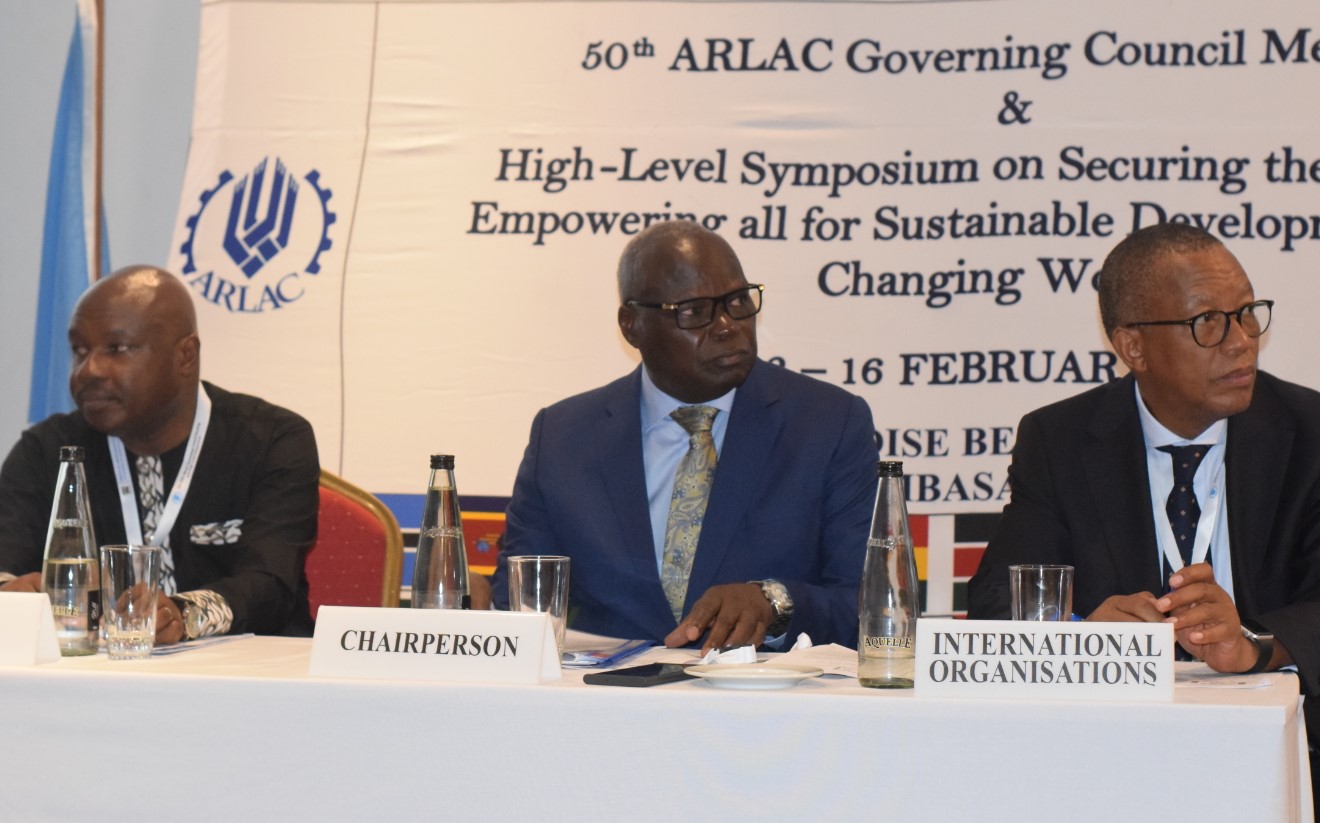
By Farhiya Hussein |
Labour Principal Secretary Shadrack Mwadime says at least 600 million new job opportunities must be generated by 2030 to accommodate the expanding working-age population.
Kenya wants members of the African Regional Labour Administration Centre (ARLAC) to factor in the evolving dynamics of the global workforce in their efforts to combat poverty and reduce income and opportunity disparities.
The country is hosting representatives of more than 15 countries for the 50th ARLAC Governing Council Meeting.
Keep reading
In his address to the group on Wednesday, Labour Principal Secretary Shadrack Mwadime highlighted the persistently high unemployment rate, which he said affects approximately 200 million individuals globally with hundreds of millions suffering working poverty.
Mwadime said at least 600 million new job opportunities must be generated by 2030 to accommodate the expanding working-age population.
“That is around 40 million jobs per annum,” he said, adding that the ARLAC needs to improve the work conditions of more than 780 million people.
“We cannot understate the challenges that lie ahead for the world of work. ARLAC must be at the forefront in our response to the ILO director-general's call to advance social justice for all."
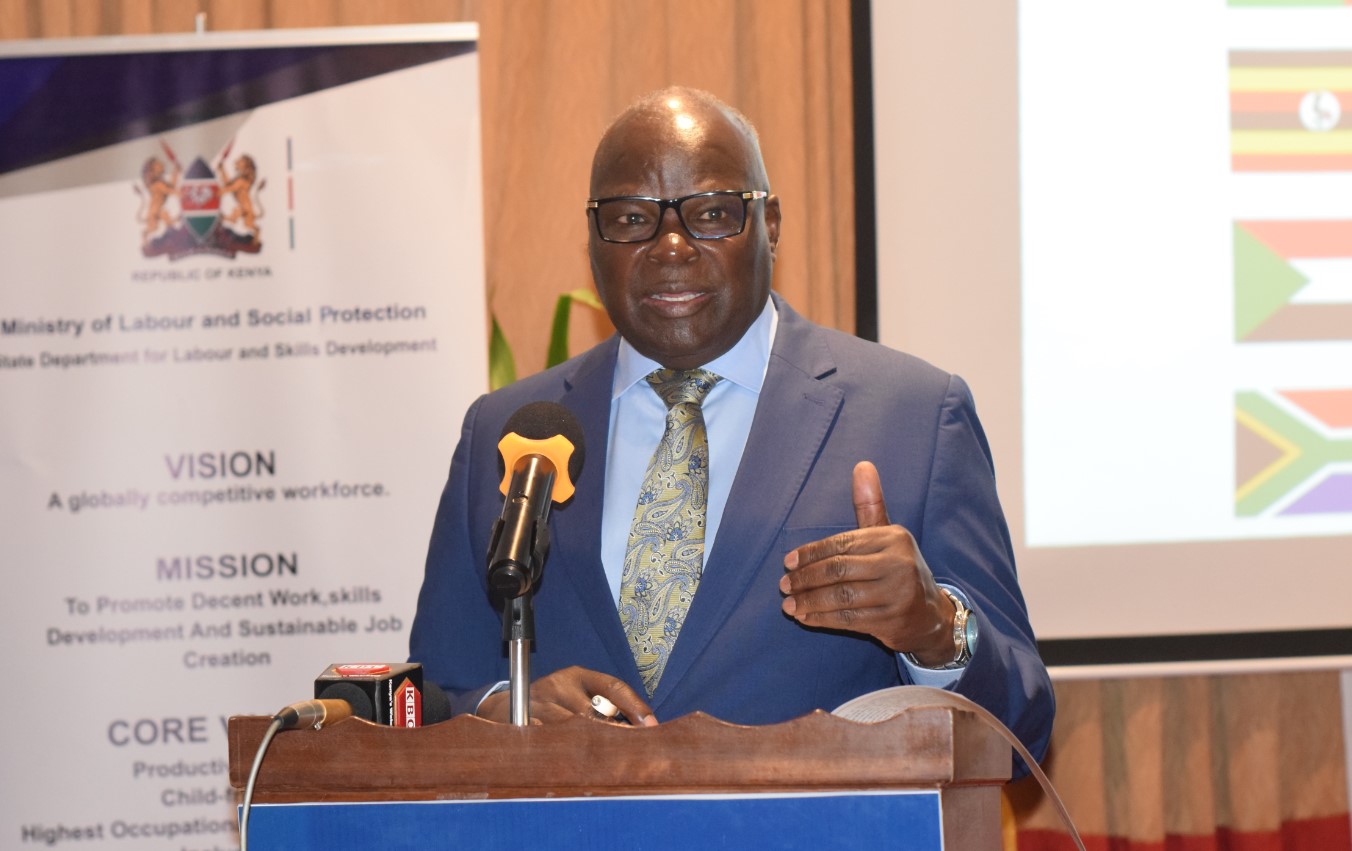 ARLAC chairperson July Moyo addresses the 50th ARLAC Governing Council Meeting in Mombasa County on February 14, 2024. (Photo: Farhiya Hussein)
ARLAC chairperson July Moyo addresses the 50th ARLAC Governing Council Meeting in Mombasa County on February 14, 2024. (Photo: Farhiya Hussein)
Many challenges
The members converged, under the theme ‘‘Securing the Future: Empowering Sustainable Development in the Changing World’’, to celebrate the body's 50 years of operation and review the labour administration systems of all member countries.
Mwadime noted the theme resonates with ARLAC's regional and national policies articulated in various instruments, with Agenda 2063 as key.
ARLAC was formed in 1974, induced by challenges the growing unemployment, under-employment, lack of skilled manpower, lack of clear and progressive wages and incomes policy, poor industrial relations, absence of comprehensive social security schemes and inadequate protection from the work environment.
“The challenges bedevil and haunt the African labour market, but the solution lies in ARLAC and other organisations that mirror it in Africa solidifying their resolve. A huge sacrifice and devotion are required to remain focused on this monumental journey,” said PS Mwadime.
He urged members to diligently transform the organisation into a formidable platform benefitting all member countries.
“The efforts of member countries and ARLAC should be directed towards ending poverty, reducing inequalities in income and opportunity, promotion of job creation and addressing youth employment, developing human and social capital through an education and skills revolution,” the Kenyan official said.
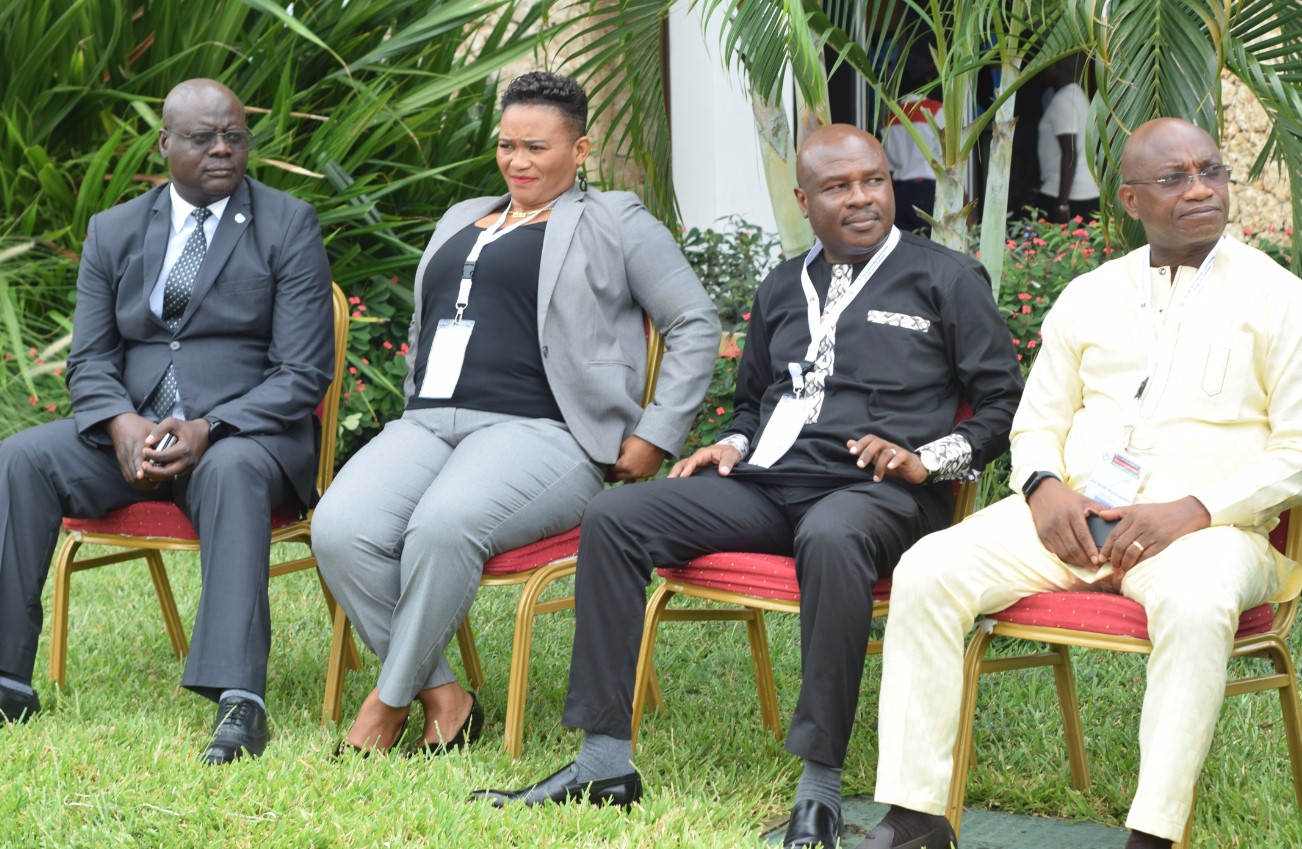 Labour Principal Secretary Shadrack Mwadime (3rd L) is pictured with other officials attending the 50th ARLAC Governing Council Meeting in Mombasa County on February 14, 2024. (Photo: Farhiya Hussein)
Labour Principal Secretary Shadrack Mwadime (3rd L) is pictured with other officials attending the 50th ARLAC Governing Council Meeting in Mombasa County on February 14, 2024. (Photo: Farhiya Hussein)
Major gains
Mwadime also highlighted gains, saying ARLAC has continued to empower member countries through the training of labour administrators, improving their capacities in areas such as administration and inspection, the state of the market, employment, migration, international standards and social protection.
He noted that labour migration is a key foreign exchange earner for Kenya and most African countries, hence the need for bold initiatives and the exploration of jobs abroad to enhance skills needed to high-demand jobs in foreign countries.
"ARLAC must put in more efforts on labour migration training," he said.
The PS also highlighted equality of opportunity and treatment, freedom of association and collective bargaining, forced or compulsory labour, child labour, social dialogue and tripartism, cccupational safety and health, industrial relations and working conditions.
“Technological, environmental and demographic changes, let alone the COVID -19 pandemic that is now behind us, have significantly impacted the world of work. The need for a skilled and innovative human capital cannot be over-emphasised," Mwadime said.
He added that changing the work environment, re-skilling and upskilling are inevitable and that ARLAC must look into the future and come up programmes and policies that address current issues.
“We also need to learn from our sister organisation, the CRADAT, in efforts to strengthen ARLAC," he said. "We may need to consider exchange programmes and other collaborative activities."
Reader comments
Follow Us and Stay Connected!
We'd love for you to join our community and stay updated with our latest stories and updates. Follow us on our social media channels and be part of the conversation!
Let's stay connected and keep the dialogue going!

